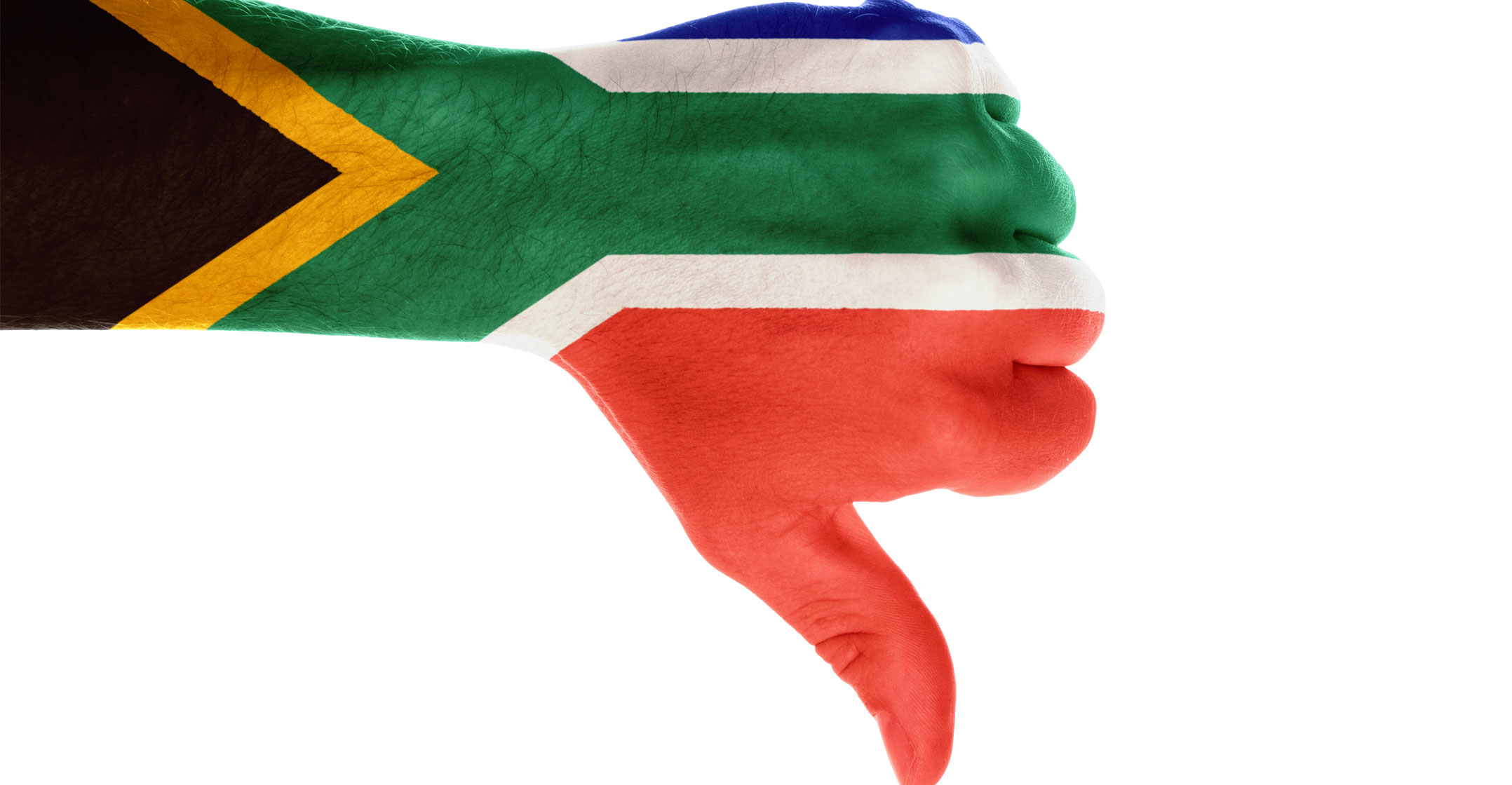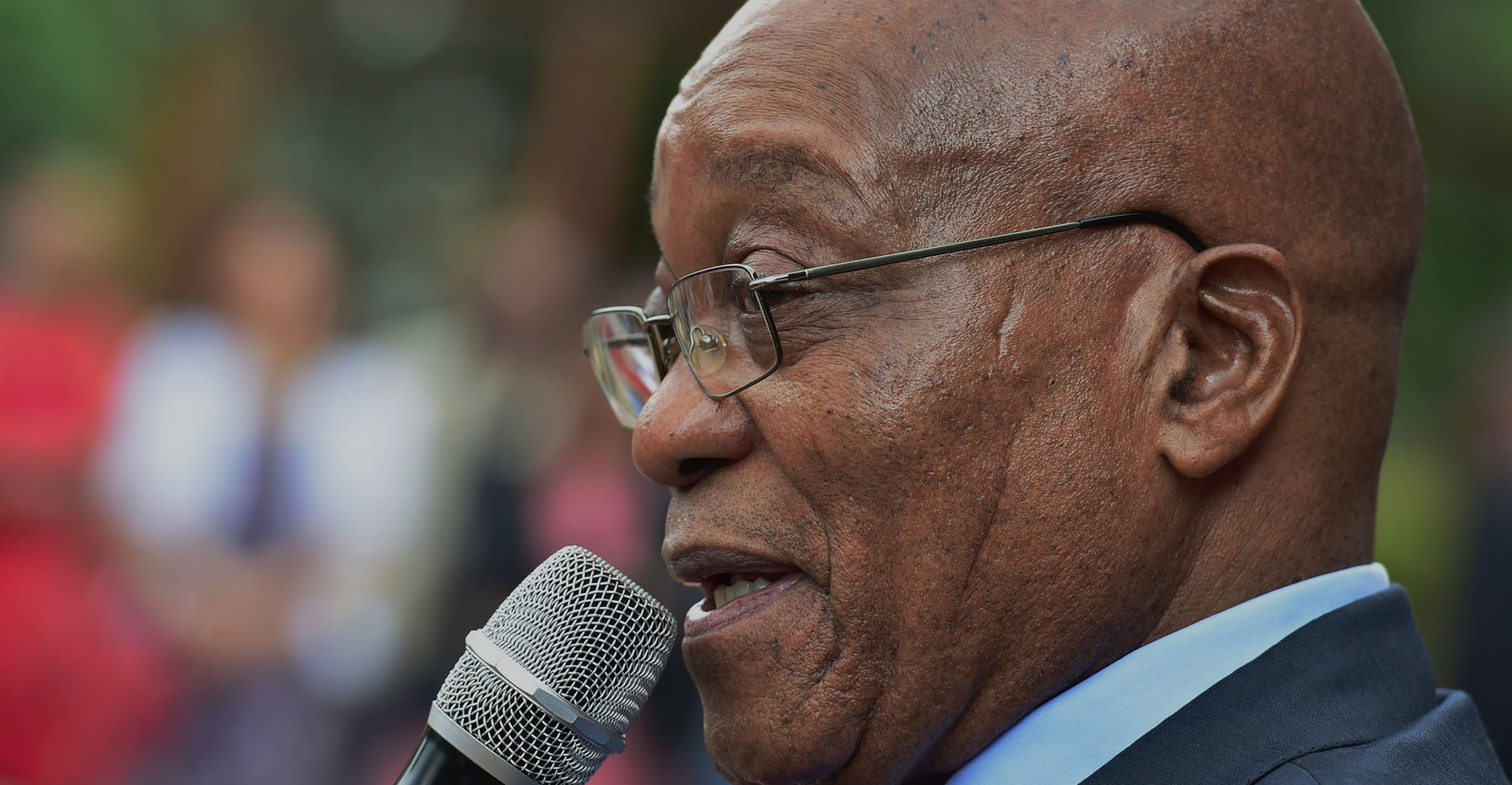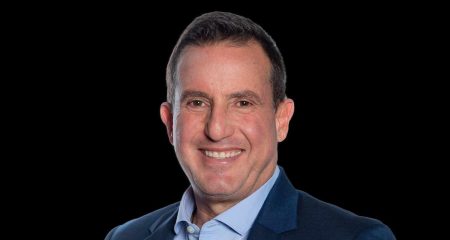 The sorry state of South Africa’s state power utility starkly illustrates just how far the country slipped during former President Jacob Zuma’s scandal-marred rule and the enormity of the task of rebuilding the nation’s stricken finances.
The sorry state of South Africa’s state power utility starkly illustrates just how far the country slipped during former President Jacob Zuma’s scandal-marred rule and the enormity of the task of rebuilding the nation’s stricken finances.
From the heady days of the 2000s, when growth topped 5%/year, the economy has struggled through two recessions, and debt ratios have tripled. There have been almost daily revelations of state corruption, the nation’s final investment-grade rating is hanging by a thread and budget surpluses have turned to ever-widening shortfalls.
And then there’s Eskom, which supplies 95% of the nation’s power. Driven to the brink of collapse, it secured a record R69-billion bailout in the national budget on Wednesday — an allocation that will force the government to break its expenditure ceiling. Company chairman Jabu Mabuza said even that might not be enough. The utility had wanted R100-billion to help service its mountain of debt, pay its bloated workforce and maintain an ageing fleet of power plants that intermittently trip and cause rolling blackouts.
“We are paying for the past, the nine years of waste,” said Colin Coleman, CEO of sub-Saharan Africa at Goldman Sachs Group. “South Africans are going to pay for that for generations to come.”
Founded in 1923, the utility built dozens of mainly coal-fired plants over six decades to become the world’s fourth-largest power company. When white minority rule ended in 1994, its spare generating capacity during peak demand times was more than double the international norm of 15%. Seven years later, it was named power company of the year at the Financial Times Global Energy Awards in New York, with all of its 78 production units considered to be in good working condition.
Real rot
But by 2005, South Africa was running short of power, after the government underestimated the scale of demand and delayed investments in new generating capacity. The real rot at Eskom set in following Zuma’s election to head the ANC in late 2007. He became president in May 2009. By last year, after Zuma had been booted from office, a series of inquiries placed the utility at the epicentre of a looting spree of billions of rand in taxpayer funds by allies of the then-president, with his tacit consent. Zuma denies any wrongdoing.
Meanwhile, the utility’s staff soared by a third, to 48 628, between 2007 and last year, while its generating capacity rose just 7% and power sales volumes less than 3%. Electricity prices surged almost five times over the period and Eskom’s debt ballooned almost 10-fold.
“Eskom is a symbol of where South Africa finds itself today, a combination of having a lot of potential and messing up on that due to wrong decisions, wrong management actions,” said Roland Henwood, a political science lecturer at the University of Pretoria. “The government has been forced into making concessions to Eskom, but there’s no other option.”

The national treasury now considers Eskom the biggest threat to the nation’s finances. But the decay that occurred during Zuma’s rule wasn’t just at the utility. Other state entities, including South African Airways, the national carrier; armaments company Denel and the public broadcaster also fell victim to graft and bad management decisions and appointments. They, too, are in dire financial straits and in need of bailouts.
The nation’s finances slid as well. Public debt and the state wage bill soared, while the country experienced several ratings downgrades before eventually being relegated to junk by S&P Global Ratings and Fitch Ratings.
Nedbank, South Africa’s fourth-largest bank, estimates that corruption, maladministration and bad policies shaved R470-billion off the nation’s GDP between the start of Zuma’s second term in May 2014 and February last year, when the ANC forced him to step down to stem a loss of support.
The task of picking up the pieces has been left to Zuma’s successor and new party leader Cyril Ramaphosa. He has replaced the boards and management of Eskom and other state companies, embarked on a drive to lure US$100-billion in new investment and clamped down on graft. But rebuilding the economy will likely take years — the treasury sees growth averaging just 1.8% over the next three years and sees the budget deficit swelling to a decade high.
State institutions have been so badly damaged and graft has become so embedded that a turnaround could prove elusive, according to Andre Duvenhage, a political science professor at North-West University in Potchefstroom, west of Johannesburg. While Ramaphosa may have the necessary qualities required to pull it off, he’ll be hamstrung by his unsteady grip over the ruling party and his opponents within it, he said.
“This change isn’t a one-year project, it’s more like a second transformation,” Duvenhage said. “I’m not sure the political environment can take this.” — Reported by Michael Cohen and Gordon Bell, (c) 2019 Bloomberg LP




